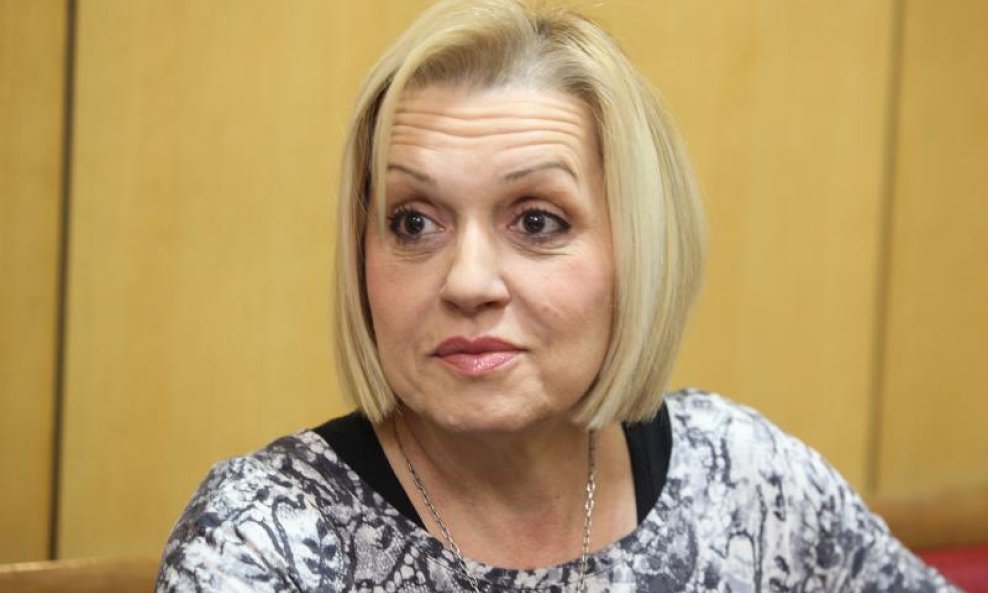The Assistant Finance Minister and Tax Administration Director, Nada Cavlovic Smiljanec, said on Tuesday that the publication of the list of tax defaulters was just one of the measures aimed at putting the taxation system in order.
She criticised the previous government for withholding information about the tax debt of 52 billion kuna, noting that among the defaulters on the list were entrepreneurs that were on very good terms with the previous government.
The Tax Administration posted on its website on Tuesday a list of over 102,000 tax defaulters, including legal entities, small businesses and private citizens, who have not paid their taxes for 90 days and more.
"The reasons for the publication of the tax defaulters' list are several. I wish in particular to point out the responsibility of the present government towards all taxpayers, entrepreneurs who duly pay and settle their tax obligations despite the recession," Cavlovic Smiljanec said on the government's channel on YouTube in response to questions regarding the publication of the tax defaulters' list.
She said that the list mainly contained the names of enterprises that have not been meeting their obligations for years while at the same time acquiring highly valuable property.
Responding to questions as to who allowed such debts, Cavlovic Smiljanec said that the amount of 52 billion kuna in tax debt had not been mentioned in previous years at all, as if it did not exist, adding that it was first mentioned only this year.
"I wouldn't say that the problem was in Tax Administration officials because the amount was too high for tax officials to be deciding about," Cavlovic Smiljanec said.
She said that among the taxpayers named in the list were "entrepreneurs who were on very good terms with the previous government, for whom the previous government made it possible not to pay their tax obligations. These same enterprises, which I will not name, employ many workers; they had lucrative deals with the government and did not pay taxes."
When asked how the tax debts would be collected, Cavlovic Smiljanec said that during the six months in office of the present government the Tax Administration had adopted a series of measures to collect past due taxes. "We have collected part of the debt we inherited from the previous government by introducing a tax debt reschedule program, which was available by the end of March, collecting about 500 million kuna," she said, adding that a new debt reschedule program was introduced in July.
"It is all designed to function until the adoption of a financial operations bill that will rid the Croatian market of bad enterprises that are a source of illiquidity, in order to give a chance to those that can survive on the market," Cavlovic Smiljanec said.
































